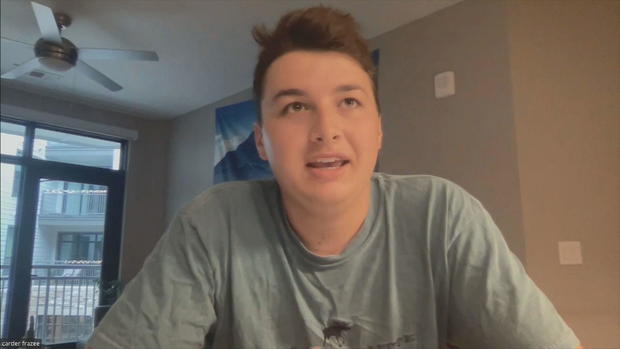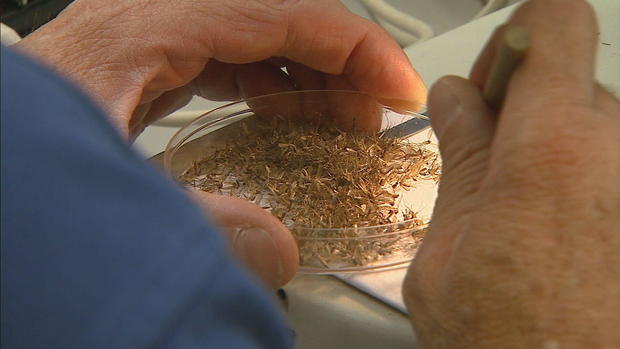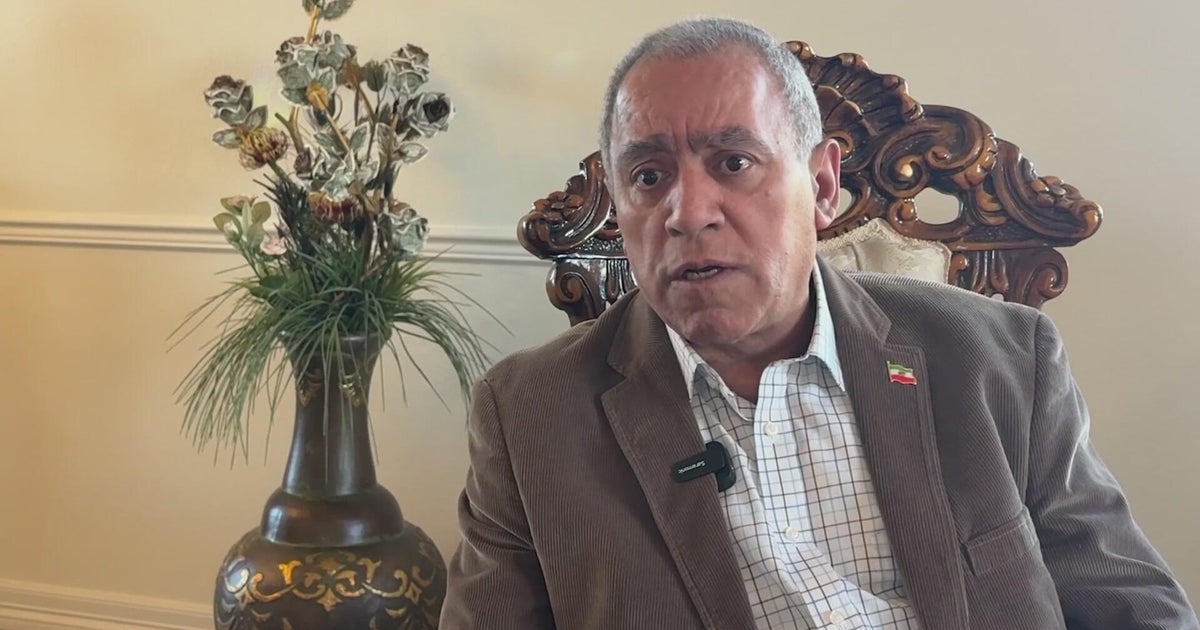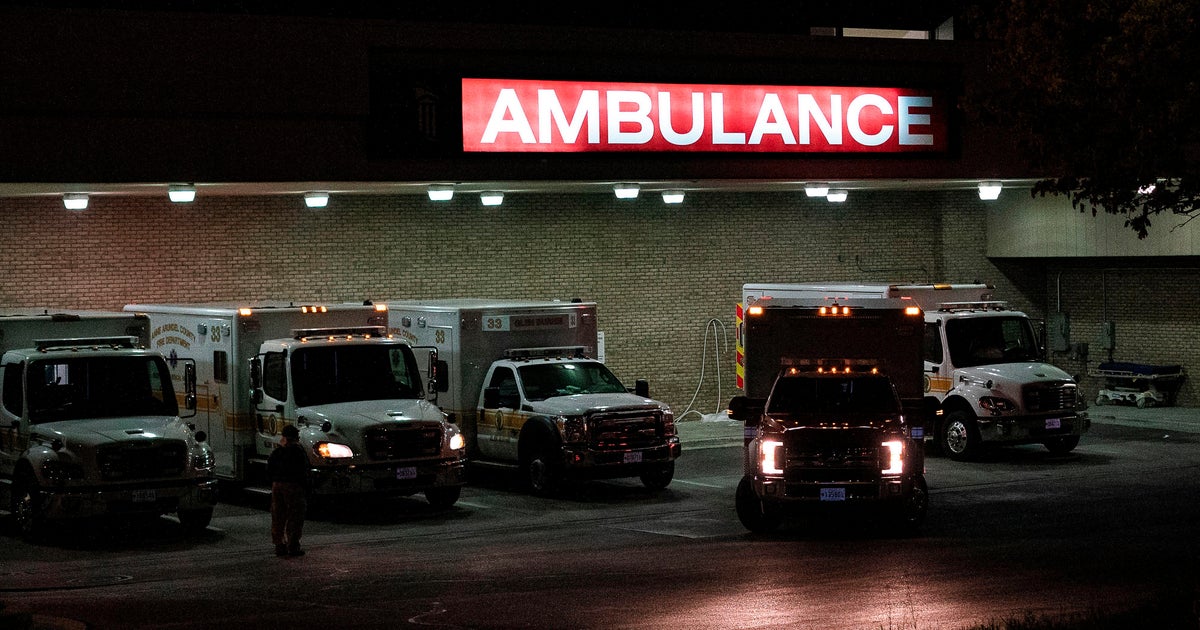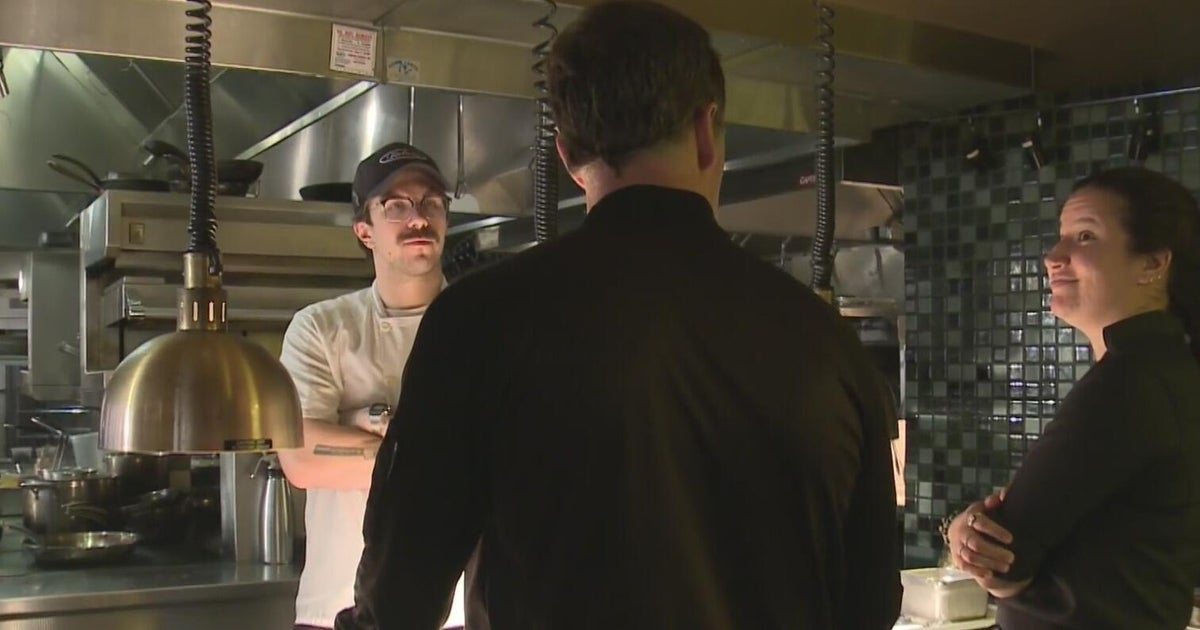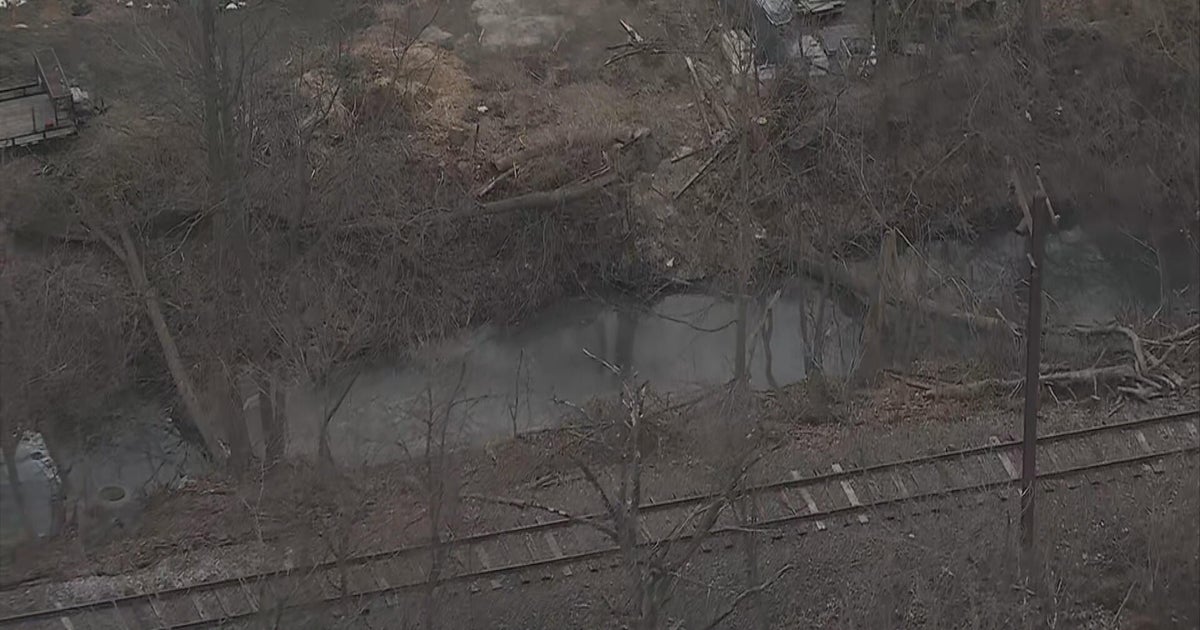CSU student shares experience with West Nile Virus
Late last week, 19-year-old CSU student Carder Frazee went to urgent care after suddenly getting sick.
"I was throwing up a lot, I was nauseous, I had a really bad sore throat, I was lethargic," Frazee said of his symptoms. "My neck got really stiff and I couldn't move my neck very well."
A COVID test came back negative, and Frazee went home.
But the next day, he found himself in the emergency room, where they performed a lumbar puncture and diagnosed him with West Nile Virus.
"I was just making TikToks," said Frazee. "I thought it was the funniest thing I've ever heard because I've never heard of anybody getting it."
Frazee is one of over 200 known West Nile cases in Colorado this year.
"There are many West Nile Virus positive mosquitos throughout the Front Range and throughout Colorado. Much more than other years and much earlier than other years," said Dr. Daniel Pastula, chief of Neuro-Infectious Diseases at UC Health.
While many West Nile patients are asymptomatic, and don't even realize they're sick, 13 Coloradans have died from the disease this year.
"We don't have a great treatment once people have it, so prevention is so important with West Nile," said Pastula.
Frazee was given fluids and pain medication. He's now back home, but still recovering.
"I haven't left the apartment, just cause everything just wears me out and when I stand up I get headache and I can't see," said Frazee.
He's tracing his steps back to when he may have been infected.
"I was at my friend's house a week and a half ago and we were just sitting outside and I noticed there were a lot of mosquitos and everything and I had a bunch of bug bites," said Frazee.
One bug bite, that landed him in the hospital.
"I'll probably think about it a little more than I have," said Frazee.
Pastula estimates about one in 200 mosquitos are infected in the state's most affected areas. He says reducing the number of bites you get reduces your risk of infection.
"This is almost 100% preventable. If you avoid mosquito bites, you avoid West Nile," said Pastula.
Pastula says preventing mosquito bites doesn't mean avoiding going outside all together.
But it does mean taking steps like wearing insect repellant--there are plant based alternatives if you're not a fan of chemicals--limiting time outside at dawn and dusk, wearing long sleeves, closing windows, and getting rid of standing water near your home.

